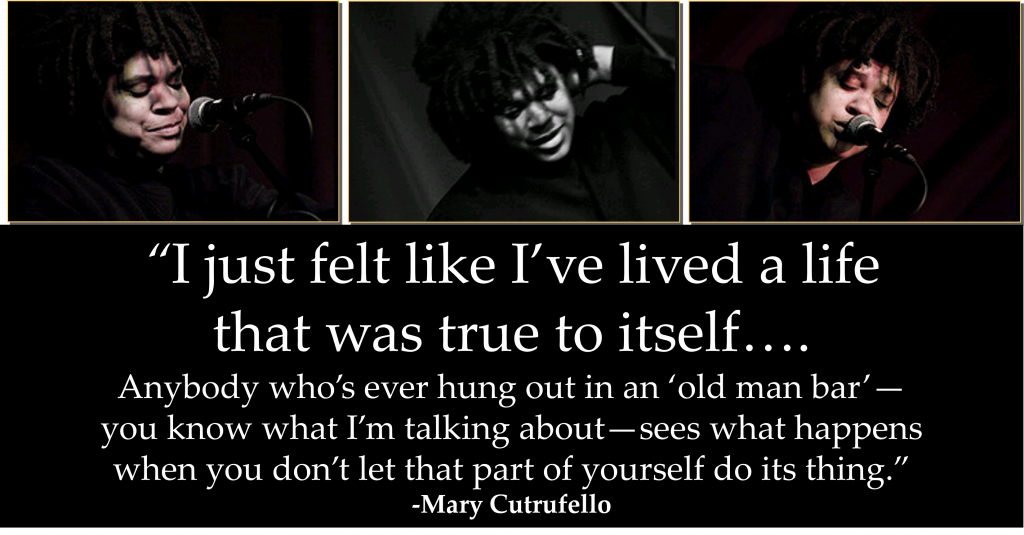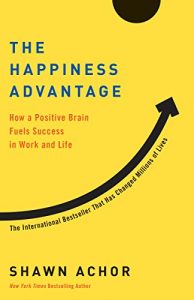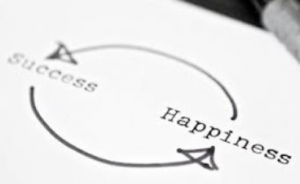Perfectionism is a big problem today among ambitious professionals—and increasingly among young people in general. It’s also widely misunderstood, and even misappropriated as a badge of honor by some.
Let’s break it down. First, what is it?
Perfectionism entails striving to be flawless. It typically includes overly critical self-evaluations and excessive concerns about negative evaluations from others.
Perfectionism entails striving for unrealistic or even unattainable goals, followed by disappointment when we fail to achieve them. That’s followed by cognitive dissonance from misalignment between perfect self-identity and imperfect performance. For a perfectionist, low performance automatically means low self-worth.
Fundamentally, the assumption behind perfectionism is that the only route to self-acceptance and peace is flawlessness. It’s less about a desire for self-improvement and much more about seeking acceptance and approval. It entails conflating our identity and worth with our performance and accomplishments.
Signs of Perfectionism

Perfectionism is common. There are many signs of it that we can see all around us if we look:
- Having unrealistic standards or expectations
- Striving to be flawless
- Fixating on mistakes
- Being overly critical of yourself and not feeling good enough
- Judging others excessively
- Having low self-esteem and self-identifying as a loser
- Being overly cautious and feeling afraid to fail
- Wanting to control situations to avoid negative judgment
- Feeling defensive about feedback
- Being prone to blame ourselves, even when we’re not at fault
- Feeling pushed toward goals by a fear of missing them, versus being pulled toward the prospect of reaching them
- Focusing exclusively on results, while not being able to enjoy the process of trying, learning, and growing
Perfectionists can be consumed with self-monitoring and carefully managing their impressions—and sometimes with rumination and self-recrimination. They’re especially sensitive even to the potential for negative (or even not positive enough) judgment by others and for rejection.
Perfectionism is a problem because perfection is an impossible standard
for those of us who don’t wear a cape.
Perfectionists are under a regular barrage of self-imposed pressure. They put up a front of flawlessness and purity in part to hide their flaws. In some cases, they’re prone to all-or-nothing thinking, in which only perfection is acceptable. Otherwise, they remove themselves entirely from the situation.
We should be clear about the downsides of perfectionism while also being understanding of its causes and compassionate about the suffering that comes with it. According to the research, many perfectionists learned this mindset in their formative years, with conditional acceptance from parents or other guardians: I love you when you behave as I expect, and I don’t when you don’t.
This conditional giving and taking of love and acceptance can be quite painful, and even traumatic, for children. Some parents withhold affection or abandon their children (emotionally or physically). Others control their children. These behaviors can instill perfectionist beliefs and tendencies.
Perfectionism on the Rise
According to recent research, perfectionism is increasing among young people, and an estimated 25 to 30 percent of children and adolescents are prone to perfectionism. It’s not surprising in our age of social media and influencers—and the impossible comparisons they tee up.
In a meta-analysis of perfectionism rates among more than 40,000 college students from 1989 to 2016 (the first such study of its kind), researchers found significant increases among recent undergraduates in the United States, Canada, and United Kingdom. The rates doubled, from 9 to 18 percent, over that period.
“On average,” said Andrew Hill (one of the researchers), “young people are more perfectionistic than they used to be,” and “the belief that other people expect you to be perfect has increased the most.”
Researcher Brene Brown suggests that perfectionism isn’t a binary matter in which we either have it or we don’t. Rather, she suggests that we all fall on a continuum of perfectionistic tendencies, ranging from occasional and situational bouts of it to “compulsive, chronic, and debilitating” versions of it. Ouch.
The Consequences of Perfectionism
“Perfectionism is self-abuse of the highest order.”
-Anne Wilson Schaef
How does it affect us? Turns out, it can be quite debilitating.
In a nutshell, perfectionism leads to lower achievement along with more stress. A double whammy.
Perfectionism inhibits our work.
It harms our relationships.
Perfectionism causes needless suffering.
Even worse, there’s a negative spiral at work. Perfectionists will face a new or challenging situation and hear all sorts of psychological alarm bells. There will be a fear of failing and looking bad. In trying something new, they’ll see that they’re not good at it from the start (which is true for nearly all of us), leading them to quit. So they rarely stick with new things. They prefer their comfort zone. This “life paralysis” entails missing an array of opportunities due to their fear of falling short.
“To be a learner, you’ve got to be willing to be a fool.”
-George Leonard, Mastery: The Keys to Success and Long-Term Fulfillment
Given their tendency to fall short of their impossible standards, they can also start to develop an impression of themselves as failures, spinning a negative tale about their past that comes to haunt them going forward.
Perfectionism can reduce not only productivity but also creativity, inspiration, and joy. Insidiously, it can lead to procrastination, with people postponing tasks due to the potential negative judgment that can come from falling short. This “perfectionism-procrastination loop” as it’s called can lead to reduced productivity and missed deadlines, as perfectionists focus too much on unimportant details and lose sight of the big picture.

Perfectionism can have perverse unintended consequences. Though perfectionists are aiming to avoid social rejection by appearing flawless, sometimes they come across as aloof and inauthentic, thereby leading to social disconnection, the very thing they wanted to avoid in the first place. It can lead to estrangement or alienation from others as well as from our authentic self.
It gets worse. According to a meta-analysis of 284 studies and other research, perfectionism is correlated with anxiety, substance abuse, obsessive compulsive disorder, eating disorders, clinical depression, self-harm, and suicide. In the research, it’s linked with psychological distress and low self-esteem, as well as with fear of failure (see my article on “Getting Good at Overcoming Fear”) and workaholism.
Badge of Honor?
These days, perfectionism is widely misunderstood. Unfortunately, some people wear the perfectionist label as a badge of honor, perhaps to diminish the downsides while highlighting the benefits, such as attention to quality and detail. But it’s not a badge of honor.
Here we must distinguish between perfection (which is impossible in human pursuits) and perfectionism, and between the pursuit of excellence (which is positive) and perfectionism (which can be quite harmful).
Perfectionism ≠ the pursuit of excellence. That’s a myth.
Perfectionism ≠ striving to be your best. A rationalization.
Perfectionism is maladaptive and self-destructive. There’s much research on that.
“Perfectionism isn’t about high standards. It’s about unrealistic standards.”
-Professor Andrew Hill, York St. John University
It’s even a standard answer to the dreaded job interview question of “What are your weaknesses?” or “What are your worst traits?” Many people answer that they’re perfectionists, hoping that the interviewer will take it as a positive since it shows they’re so committed to high standards and to details.
“Understanding the difference between healthy striving and perfectionism is critical to laying down the shield and picking up your life. Research shows that perfectionism hampers success. In fact, it’s often the path to depression, anxiety, addiction, and life paralysis.”
-Brené Brown, The Gifts of Imperfection
What to Do About It
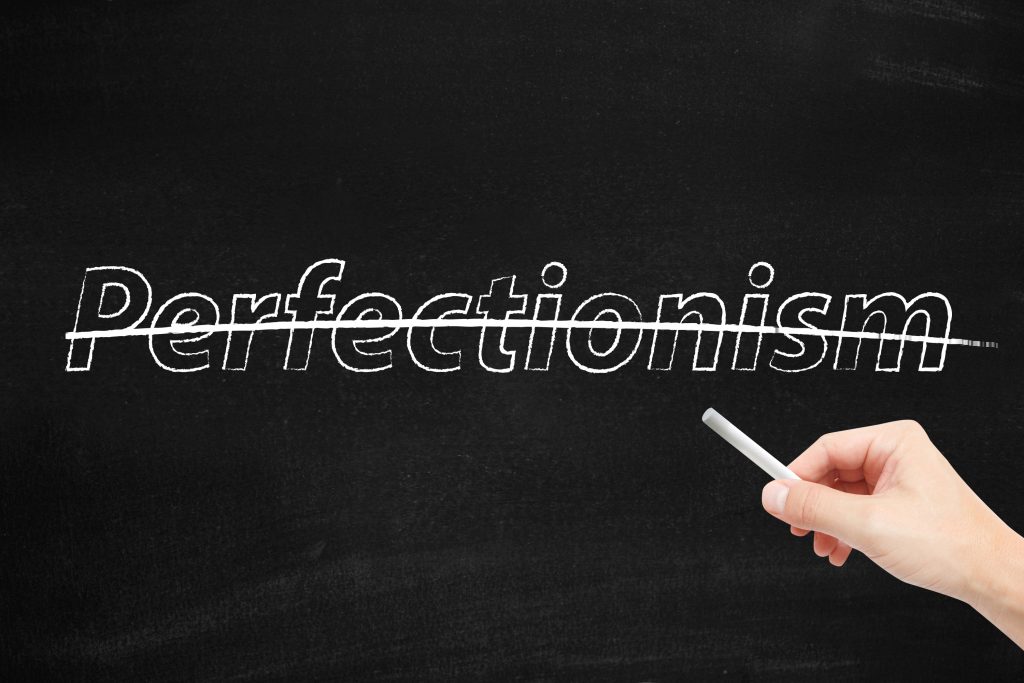
We know it’s common and that it operates on a spectrum. So what to do about it? Here are nine research-based tips:
- Practice “self-compassion”: extending kindness and understanding to ourselves when encountering setbacks or failures, recognizing these are universal.
- Engage in positive self-talk: an inner voice that focuses more on potential and growth and less on critique and deficit.
- Learn to value the importance of process more, versus an exclusive focus on results (many of which are not fully in our control).
- Adopt a growth mindset (belief that our intelligence, abilities, and talents can be developed), instead of a fixed mindset (belief that our intelligence, abilities, and talents are static and cannot be changed).
- Develop what Brene Brown calls “shame resilience”: an “ability to recognize shame when we experience it, and move through it in a constructive way that allows us to maintain authenticity and grow from our experiences.”
- Practice mindfulness: a moment-by-moment awareness of our thoughts, feelings, bodily sensations, and environment, ideally through a gentle, nurturing, and nonjudgmental lens.
- Use a checklist for discrete tasks, instead of focusing on an amorphous (and impossible) standard of perfection, allowing you to see the progress you’re making along the way. Enjoy the feeling of progress, and ideally see it visually on a progress board.
- Monitor progress by using a regular review (weekly or another interval) to show steps forward and give you some psychological distance from the current distress associated with feeling unworthy.
- Unpack your past successes and revisit the processes you used to make progress and overcome obstacles, while also remembering that there were no guarantees of success along the way. This should help you get good at overcoming fear.
The “Gifts of Imperfection”
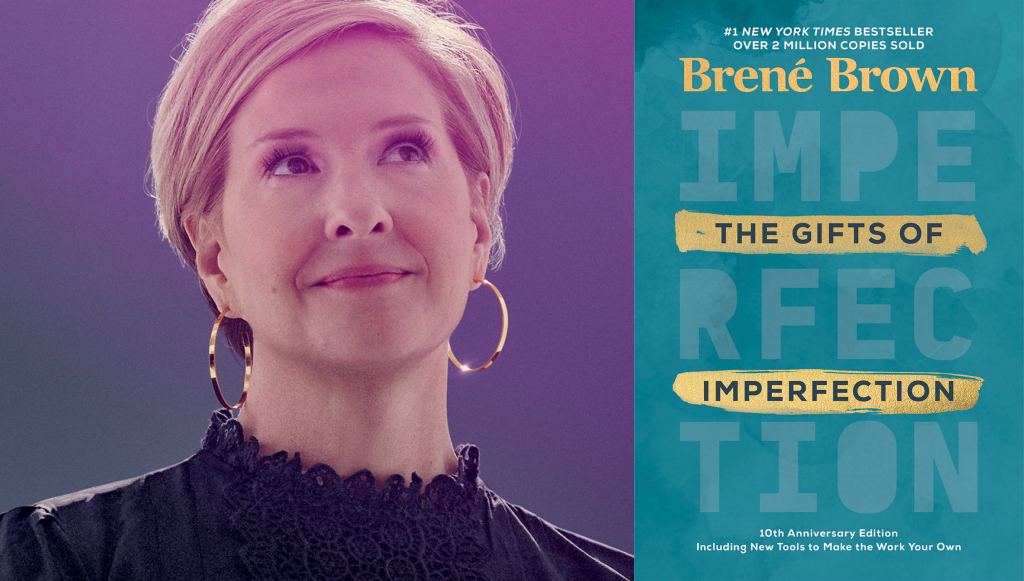
No doubt perfectionism is a formidable foe, and a powerful inhibitor of our wellbeing. I like how Brene Brown flips the script and talks about the “gifts of imperfection.” That’s right: the gifts.
She notes that our imperfections make us human. And they can bring us unexpected benefits, such as courage (to be who we truly are even when we fear judgment or disappointment), compassion (to see that everyone has their own struggles), and connection (to recognize our shared humanity and see ourselves in the real stories of others, with their messy ups and downs).
Reflection Questions
- Are you falling into some of the traps of perfectionism? (Or your friends and colleagues?)
- How is it showing up in your life and work?
- Which of the nine perfectionism trap busters noted above are you game to try?
Let me know how it goes. I wish you well with it.
–Gregg
Tools for You
- Quality of Life Assessment so you can discover your strongest areas and the areas that need work, then act accordingly.
- Traps Test (Common Traps of Living) to help you identify what’s getting in the way of your happiness and quality of life
- Personal Values Exercise to help you clarify what’s most important to you
- Leadership Derailers Assessment to help you identify what’s inhibiting your leadership effectiveness
Related Articles:
- “This Is How to Overcome Perfectionism: 14 Approaches“
- “The Mental Prisons We Build for Ourselves”
- “Breaking the Trance of Unworthiness”
- “Getting Good at Overcoming Fear”
Postscript: Quotations on Perfectionism
- “The thing that is really hard, and really amazing, is giving up on being perfect and beginning the work of becoming yourself.” -Anna Quindlen, writer
- “There is no perfection, only beautiful versions of brokenness.” -Shannon L. Alder
- “At its root, perfectionism isn’t really about a deep love of being meticulous. It’s about fear. Fear of making a mistake. Fear of disappointing others. Fear of failure. Fear of success.” -Michael Law
- “Perfectionism doesn’t believe in practice shots. It doesn’t believe in improvement. Perfectionism has never heard that anything worth doing is worth doing badly—and that if we allow ourselves to do something badly we might in time become quite good at it. Perfectionism measures our beginner’s work against the finished work of masters. Perfectionism thrives on comparison and competition. It doesn’t know how to say, ‘Good try,’ or ‘Job well done.’” -Julia Cameron, Finding Water: The Art of Perseverance
Recommended Books on Perfectionism and Related Topics:
- Tara Brach, Radical Acceptance
- Brene Brown, The Gifts of Imperfection
- Shirzad Chamine, Positive Intelligence
Note: Shirzad Chamine, best-selling author of Positive Intelligence, has identified nine mental “saboteurs,” which are “automatic and habitual mind patterns” that harm our ability to function effectively. Several of them relate to perfectionism:
- Judge: constantly finding fault with self, others, or circumstances. (This is the “master saboteur,” according to Chamine.)
- Avoider: putting off or avoiding difficult tasks or conflicts.
- Stickler: excessively needing perfection, order, and organization.
- Pleaser: trying to gain acceptance by helping, pleasing, or saving others.
- Controller: anxiously needing to control situations or others.
- Hyper-achiever: depending on constant achievement for self-acceptance.
++++++++++++++++++++++++++++++
Gregg Vanourek is a writer, teacher, TEDx speaker, and coach on personal development & leadership. He is co-author of three books, including LIFE Entrepreneurs: Ordinary People Creating Extraordinary Lives (a manifesto for living with purpose and passion) and Triple Crown Leadership: Building Excellent, Ethical, and Enduring Organizations (a winner of the International Book Awards). Check out his Best Articles or get his monthly newsletter. If you found value in this article, please forward it to a friend. Every little bit helps!







